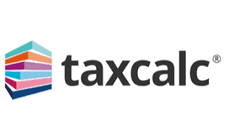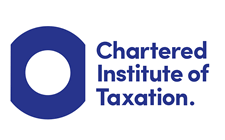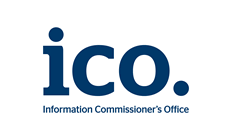Is getting your business to pay tax efficient?
You were recently involved in an online discussion about the tax consequences of putting the cost of a celebratory meal for the business owners and staff through the firm’s books. Will doing so save or increase tax overall?

Cost to the business
It’s easy to get misled by misinformation bandied about in online forums, e.g. on how you can save tax by getting your business to pay an expense that might ordinarily come from your own pocket. In the real world this doesn’t sit comfortably with HMRC’s rule that only expenses incurred in the course of trading are tax deductible.
Special rules
Even if an expense seems to meet the criterion there are exceptions where special rules deny a tax deduction, e.g. treating a customer to a meal. While the reason and purpose of the meal might be to promote your firm’s business, which meets the criterion, the special “business entertaining” rules override this so that no tax deduction is allowed.
The business entertaining rule doesn’t apply to treating your employees. The cost of this is tax deductible, whether you run your business as a sole trader, partnership or through a company.
While staff (including directors) entertainment costs are tax deductible, this doesn’t always make them tax efficient, as we’ll explain.
Business owners and entertaining
There are different tax and NI consequences depending on whether you run your business through a company or as an unincorporated firm. Owners of businesses which operate as sole traders or partnerships aren’t employees and so the special rule that allows deductions for staff entertaining costs doesn’t apply. Conversely, if your business operates through a company, its directors, including those who are also shareholders, are employees for tax purposes. Therefore, where the company incurs expenses for staff entertainment it’s entitled to claim a tax deduction.
Other tax consequences
The different tax and NI consequences go beyond whether or not your business can claim a tax deduction. There’s usually a corresponding tax charge on the employee (or director) as a benefit in kind where entertainment has been provided to them by their employer.
Example. Jack and Jill are the director shareholders of Acom Ltd. The company also has several employees. After a successful sales campaign Jack and Jill treat them to a night out on the town. This is business entertainment. Acom is entitled to a tax deduction for the cost because it relates to its employees. For the employees (including Jack and Jill) the cost of the night out is a taxable benefit. Assuming the cost was £150 per head, Jack, Jill and each employee would be liable to tax on this amount. For those who are higher rate taxpayers they would owe £60, and for those who are basic rate taxpayers the cost would be £30. Plus, Acom would have to pay Class 1A NI on the total value of the benefits for all employees.
Acom can instead pay the employees’ tax using a PAYE settlement agreement (PSA) but this increases the overall tax cost.
Therefore, getting your business to pay for meals out etc. for its owners and employees won’t save tax.
Related Topics
-
Time off for fertility treatment?
A survey by Fertility Matters at Work has revealed that more than one-third of employees undergoing fertility treatment have resigned or are considering resigning because of the physical and emotional toll. Is there a right to time off for fertility treatment?
-
Was a company buyback of EIS shares tax avoidance?
Two taxpayers used the “purchase of own shares” procedure to extract gains they’d made from enterprise investment scheme (EIS) shares. HMRC said this was unfair tax avoidance, the taxpayers disagreed. What did the Upper Tribunal decide?
-
HMRC’s new compliance check service
HMRC has published a collection of videos and notes to help if you’re picked for a compliance check. Is HMRC’s new service worth a look or is it just official propaganda?









 This website uses both its own and third-party cookies to analyze our services and navigation on our website in order to improve its contents (analytical purposes: measure visits and sources of web traffic). The legal basis is the consent of the user, except in the case of basic cookies, which are essential to navigate this website.
This website uses both its own and third-party cookies to analyze our services and navigation on our website in order to improve its contents (analytical purposes: measure visits and sources of web traffic). The legal basis is the consent of the user, except in the case of basic cookies, which are essential to navigate this website.